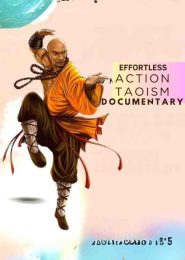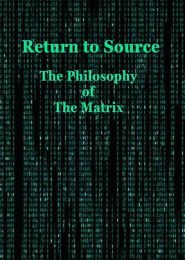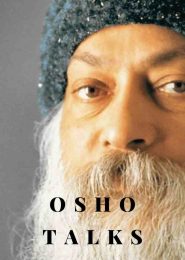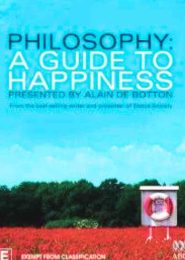An Introduction to Western Philosophy (2005)
An Introduction to Western Philosophy is a documentary that dives into the rich tapestry of philosophical ideas that have shaped Western civilization.
The film opens by tracing the roots of Western philosophy back to ancient Greece, where luminaries like Plato and Aristotle laid the groundwork for intellectual exploration. Their dialogues, inquiries, and theories set the stage for centuries of philosophical discourse.
As the documentary progresses, it introduces viewers to key concepts and thinkers. Otto Neurath, a logical positivist, emphasizes the importance of empirical evidence and the scientific method. His ideas challenge traditional metaphysics and encourage a more pragmatic approach to understanding the world.
Søren Kierkegaard, the Danish philosopher, emerges as a pivotal figure. His existentialist views delve into the individual’s struggle for meaning, faith, and authenticity. Kierkegaard’s exploration of subjectivity and the leap of faith resonates with those grappling with life’s uncertainties.
The film then shifts to the 20th century, where Ludwig Wittgenstein takes center stage. Wittgenstein’s linguistic philosophy revolutionized how we think about language, meaning, and communication. His work on language games and the limits of expression continues to influence contemporary thought.
Another luminary featured is John Rawls, whose groundbreaking work in political philosophy centers around justice, fairness, and the social contract. Rawls’s “veil of ignorance” concept challenges us to design a just society without knowing our own position within it—a powerful ethical framework.
Throughout the documentary, viewers explore the tension between reason and faith, individualism and community, and the search for universal truths. The program weaves together historical context, interviews with experts, and visual representations of philosophical ideas.
In summary, An Introduction to Western Philosophy provides an accessible and engaging overview of the evolution of thought—from ancient Greece to modern existentialism. It invites viewers to grapple with timeless questions, encouraging them to engage critically with their own beliefs and the world around them.




